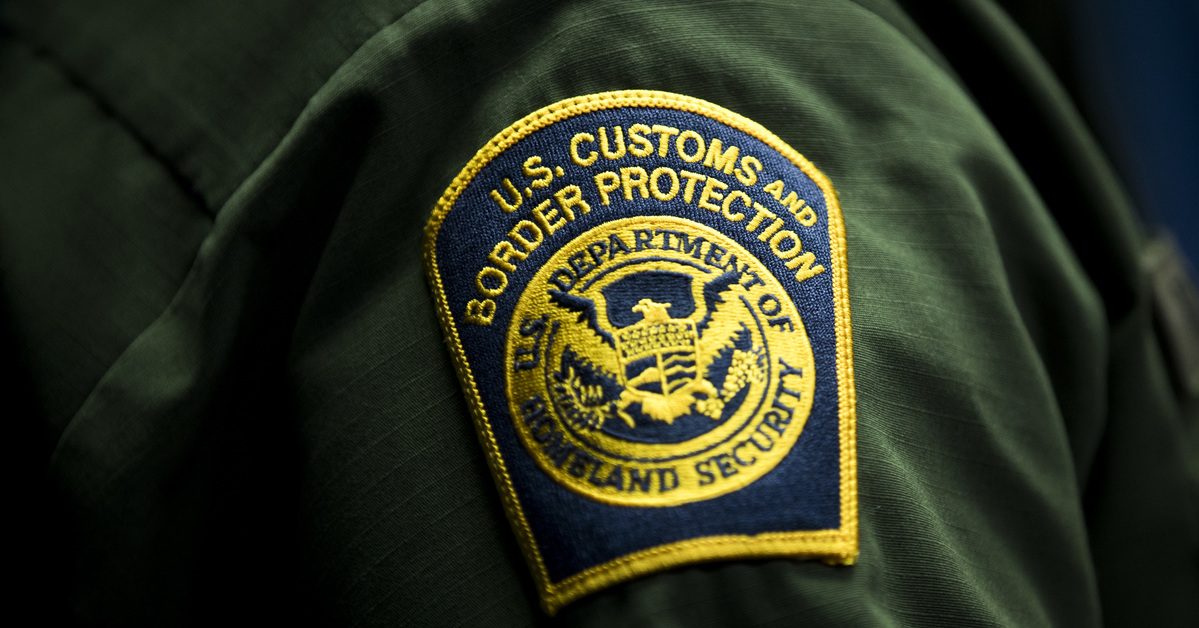
The Supreme Court is again dealing with the deeply troubling question of what to do when an American Border Patrol guard purposely shoots across the U.S. border and kills a Mexican child. Now, the Court is asking the Trump Administration what its position is on the matter. This is the ongoing saga of multiple cross-border shootings, all with disturbingly similar facts.
Unarmed Mexican kids often play near the U.S.-Mexico border. Some play games in which they dare each other to run up and touch the U.S. fence, while others just simply go about their business near the divide. In several cases, American Border Patrol Agents have shot and killed these children, sometimes claiming that the kids had been throwing rocks, other times allegedly without even a tale of provocation. This isn’t hyperbole, either; in at least some of the cases, the Border Patrol Agents are currently being prosecuted for murder in the U.S. (and would have been similarly prosecuted in Mexico had extradition been possible).
Because the shots were fired upon American soil but the victims died on Mexican soil, these cases have created a legal conundrum. There have been enough of these cases that there’s a split in the federal circuit courts about how to handle them; now SCOTUS is involved, and it’s looking for guidance from the DOJ.
Tragic facts and egregious behavior of CPB aside, these cases present novel legal issues. The victims, remember, are not immigrants, illegal or otherwise. They are Mexican boys who expected to stay in Mexico before they were killed. Their families who seek retribution are also Mexicans who intend to stay in Mexico. Had these shootings taken place on American soil, there’s no question that the victims and their families would have been protected by the U.S. Constitution, and would have been entitled to all the Fourth and Fifth Amendment lawsuits their attorneys could draft.
However, given the unique geographical circumstances, there exists a serious question about the reach of the Constitution. Jose Antonio Elena Rodriguez was shot and killed by U.S. Border Patrol agent Lonnie Swartz in 2012. Swartz was acquitted of second-degree murder in Tucson earlier in 2018 and now will be tried on voluntary and involuntary manslaughter charges; Rodriguez’s mother is now pursuing a civil lawsuit against Swartz – and in essence, against the U.S. government.
Before questions about Rodriguez’s lawsuit, the extent of Swartz’s liability, and the responsibility of the U.S. can be resolved, though, a preliminary matter must be settled. Does Ms. Rodriguez even have the right to seek justice in an American court? This week, SCOTUS officially invited the DOJ to file a brief detailing its position on the matter.
It certainly would be shocking if the wall-building, Mexican-fearing Trump administration weighed in to champion Rodriguez’s cause. Moreover, even the far less xenophobic Obama administration filed a brief urging SCOTUS to deny review in a similar case, arguing that civil lawsuits are just not the right remedy for cases of border shootings.
A SCOTUS ruling in this case will likely revisit its approach in the 2008 Guantanamo Bay case of Boumediene v. Bush. Back then, Justice Anthony Kennedy was clear that the power to decide where the Constitution applies belongs to the Court alone, warning that allowing “political branches [to] switch the Constitution on or off at will would lead to a regime in which they, not this Court, say ‘what the law is.'”
So much has changed since the Boumediene case. Justice Kennedy is no longer on the bench, public sentiment regarding all things Mexico has reached a flash point, and our executive branch appears to be operating under assumptions of unlimited power. SCOTUS now faces the daunting challenge of defining America and our law by extending (or denying) American rights all the way to Mexico.
[Image via Drew Angerer/Getty Images]
This is an opinion piece. The views expressed in this article are those of just the author.